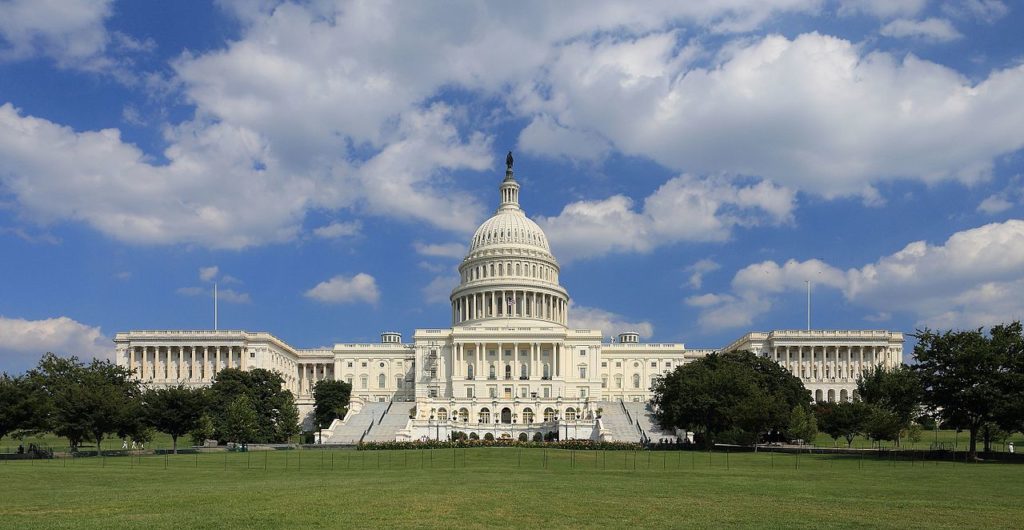Our Union Will Do Everything We Can to Help Barbara Walsh of Neptune
Listen to audio version of this article

BY RANDI WEINGARTEN
Barbara Walsh is a nurse in Neptune, N.J. She’s been doing this job for 17 years. If you’ve ever been sick, injured, had surgery, or helped friends or loved ones get through these situations, you know it’s often their nurse who makes the experience less terrifying. It’s their nurse who seamlessly helps manage their care, who checks in on them regularly, and who fills in the gaps too often left by overcrowded hospitals. Walsh is that nurse. She’s devoted her life to taking care of others.
What she and her colleagues didn’t bargain for as part of their job is being hit, kicked, scratched, bitten, spat on, knocked in the head, stabbed, choked and drenched by flying urinals. It happens every day, on the job.
Nurses, healthcare workers and social service workers care for the sick, the elderly and the mentally ill, yet they are often at risk themselves, and report feeling unsafe or unprotected in their own workplaces.
People who work in frontline healthcare jobs are much more likely to be assaulted at work than the rest of the labor force. Between 2011 and 2016, at least 58 hospital workers died as a result of violence in their workplaces. And in 2016, the Government Accountability Office found that healthcare workers at inpatient facilities were 5 to 12 times more likely to experience nonfatal workplace violence than workers overall. These are the reported attacks, but many nurses tell us they keep such incidents a secret for fear of retaliation or termination by their employer.
Others say the assaults have forced them to leave the profession they love, causing a lasting emotional, physical and financial impact. It’s time to end this silent epidemic of healthcare workplace violence.
How do we know this? Well, we are the second-largest nurses and social service workers’ union in the country, and part of our job is to help create safe and healthy work environments for the people providing care to others. Traditionally, hospitals have been a safe haven for patients, but escalating concerns about violence at healthcare facilities is a concern for all of us. When the safety of nurses is at risk, the safety of patients is at risk, too.
Thankfully, the Workplace Violence Prevention for Health Care and Social Service Workers Act has been introduced in Congress that requires the Occupational Safety and Health Administration to develop enforceable federal protection measures and safety standards for healthcare workers at their facilities. The legislation aims to fix the woefully inadequate patchwork of voluntary state standards that now exist and put in place meaningful federal regulations to protect this crucial workforce.
Simply put, this legislation helps fix a massive hole in our healthcare system—one that’s been neglected for too long.
Without the critical protections this bill prescribes—such as training, awareness programs and changes in policies—preventable violent incidents, like the ones Barbara Walsh and her colleagues have experienced, will go unchecked and they’ll escalate. Provisions for adequate security, risk assessments, worker participation and follow-up care for those who do experience assaults are critical to making their workplaces safer.
Government is at its best when it sees a need and fills it. That is precisely what this legislation does—by taking a proactive approach to put policies in place that will make violence in healthcare settings the exception, not the rule.
With the help of 130,000 nurses and healthcare professionals who are AFT members, the union will do everything we can to ensure the success of this legislation so our members will no longer have to be resigned to violence as simply being “part of the job.”
Randi Weingarten is the president of the 1.7-million-member American Federation of Teachers, the second largest union of nurses and health professionals in the nation. HPAE is the State Healthcare Federation of AFT in NJ. Barbara Walsh is an HPAE member.





